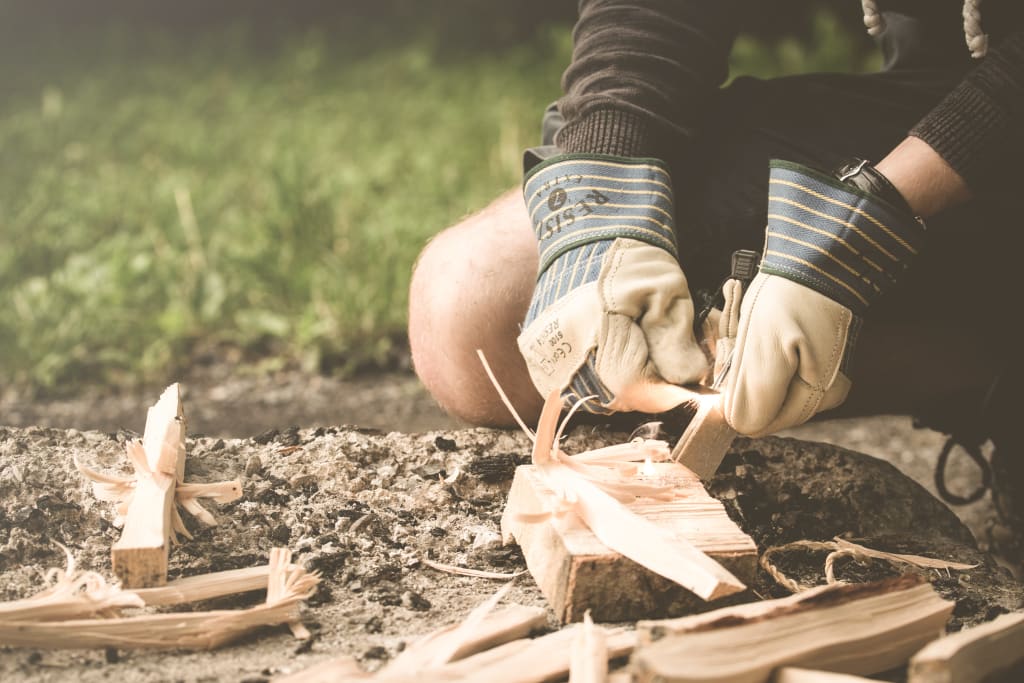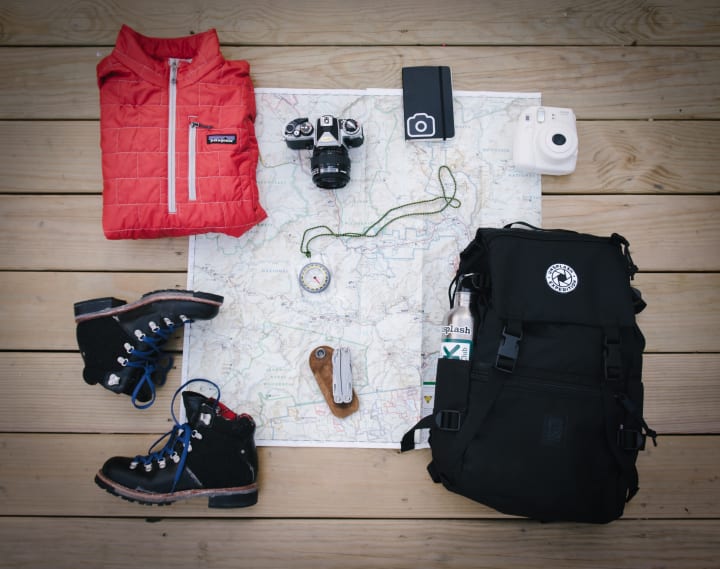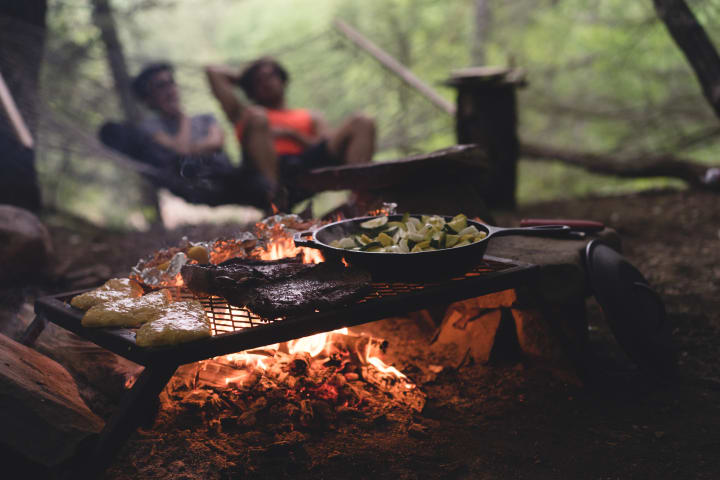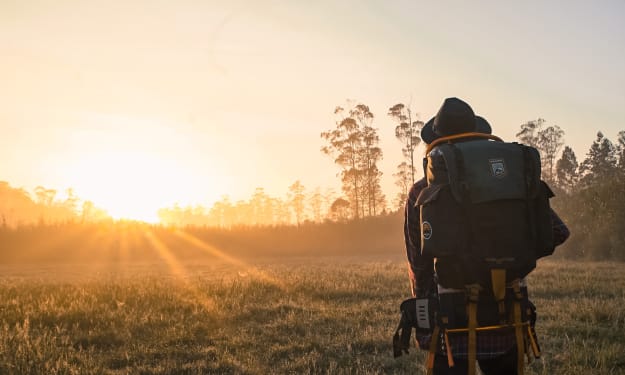Survival Tips For Your Next Camping Trip
How to survive in the wild?

Camping is a fantastic activity to reconnect with raw nature and enjoy the pleasures of the great outdoors. Whether you’re an enthusiast or a more seasoned camper, nothing beats experiencing the wild to sharpen those survival skills. It’ll also put your patience and adaptability to the test. Now, before you start to imagine yourself triumphing over a giant bear, there are a few things to consider and plan for before embarking on your next adventure. Needless to say, venturing the wilderness unprepared comes with great risks and perils!
In that spirit, we’ve put together a friendly guide loaded with useful tips on how to optimize your upcoming camping trip. The chances are that you’ll come back from it as a proud and accomplished outdoorsman!
Get a Quality Tent
First and foremost, investing in a high-quality, durable, waterproof tent should be a priority for any worthy camper or survivalist. Regardless of your outdoor environment (forest or mountain), you’re bound to find a suitable model on the market. Determine whether you’ll be sleeping in there alone, or with a camping partner. If that’s the case, consider opting for a larger one with more storage space and separate sleeping compartments. Don’t forget a sleeping bag, pillows, and some blankets to keep warm and dry.
Pack Some Essentials

Before you can leave the comfort of your home to set camp on your chosen site, you’ll need to make a checklist of some equipment to bring with you for basic survival:
Compass – A vital gadget for navigation that fits in any pocket.
Torch/Flashlight/Lantern – Useful tools for finding your way in the dark and staying illuminated…. Remember to get extra batteries!
Knife – A sharp-quality knife is a camper’s most basic tool. It will serve with anything from chopping wood to preparing food.
A Fire-Starting Kit – A convenient commodity that will save you time and spare you the frustration of igniting a spark.
Adequate Clothing – Regardless of weather conditions, it’s important to pack comfortable clothes for your trip.
Make sure to consult specialized websites and blogs for additional information on what equipment campers can’t go without in the wild.
Plan Your Transportation
While most people simply drive their car to the campsite and leave it sitting in the parking lot for days, you may want to consider an alternative that’s coming back in force: RVs! They’re a convenient option for those looking to engage in outdoor activities while discovering the country; aside from great reviews on camping and hunting gears, Crow Survival is bound to be a useful resource for those interested in taking their exploration-survival trip across states borders. And no need to spend a fortune either! There are suitable buying or rental options for every budget.
Be Ready for Health Emergencies
The outdoors can be a ruthless place. From sunburns on your face to insect bites and falling tree branches, you’ll find yourself exposed to all sorts of dangers and hazards. Since there probably won’t be an emergency room nearby, it’s best to pack a complete first-aid kit consisting of bandages, antiseptic solutions, scissors, tweezers, and so on. You’ll find loads of options on online shopping platforms. Also, remember to bring one or two bottles of insect spray repellent to keep nuisances away.
Water and Food

Staying hydrated and well-fed is a necessity in any camping situation. Now, we’re not suggesting you roll up your sleeves to go scour the earth for wild berries and mushrooms, or that you can drink from any source of water that crosses your path.
Instead, invest in a portable water-purification device to sanitize any water collected from lakes or ponds. When it comes to food, if you’re a hunting or fishing expert, you won’t need to worry so much – as long as you carry the right gear. Otherwise, it may be a good idea to prepare some nutritious meals in advance and freeze them in ziplock bags. Simply pop them out of your icebox and heat them in containers, such as large cans, above the campfire. Also, never keep food supplies inside your tent – that will attract uninvited guests for sure.
All in all, going camping is an extremely formative experience that will teach you a lot about yourself. You’ll leave your urban comfort zone, be surrounded by magnificent wild nature, and rely on your primal instincts to survive. If this is your first camping trip, we recommend that you conduct further research on camping sites, weather conditions, and essential gears and supplies to have at your disposal. This will help you prepare yourself adequately to face up to nature’s various hazards!





Comments
There are no comments for this story
Be the first to respond and start the conversation.